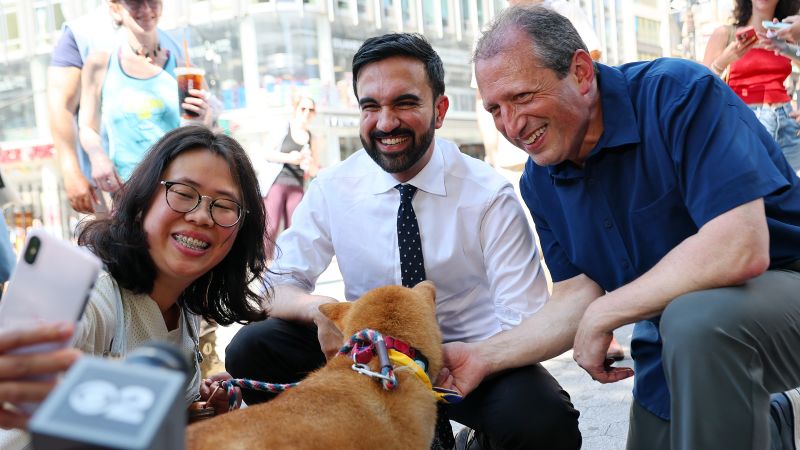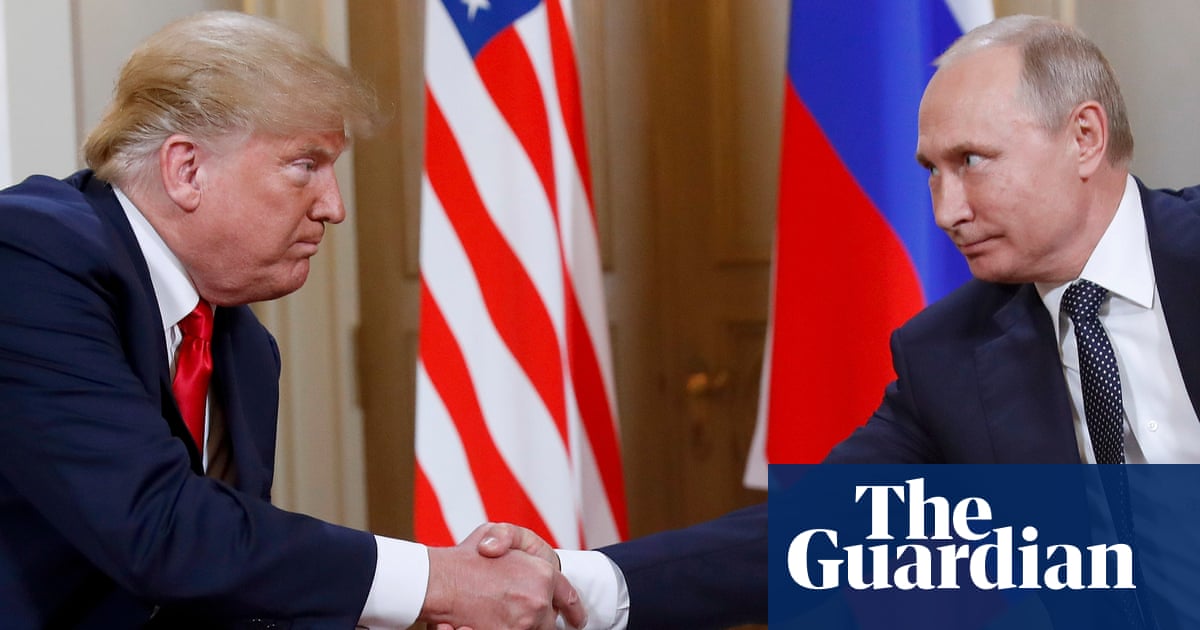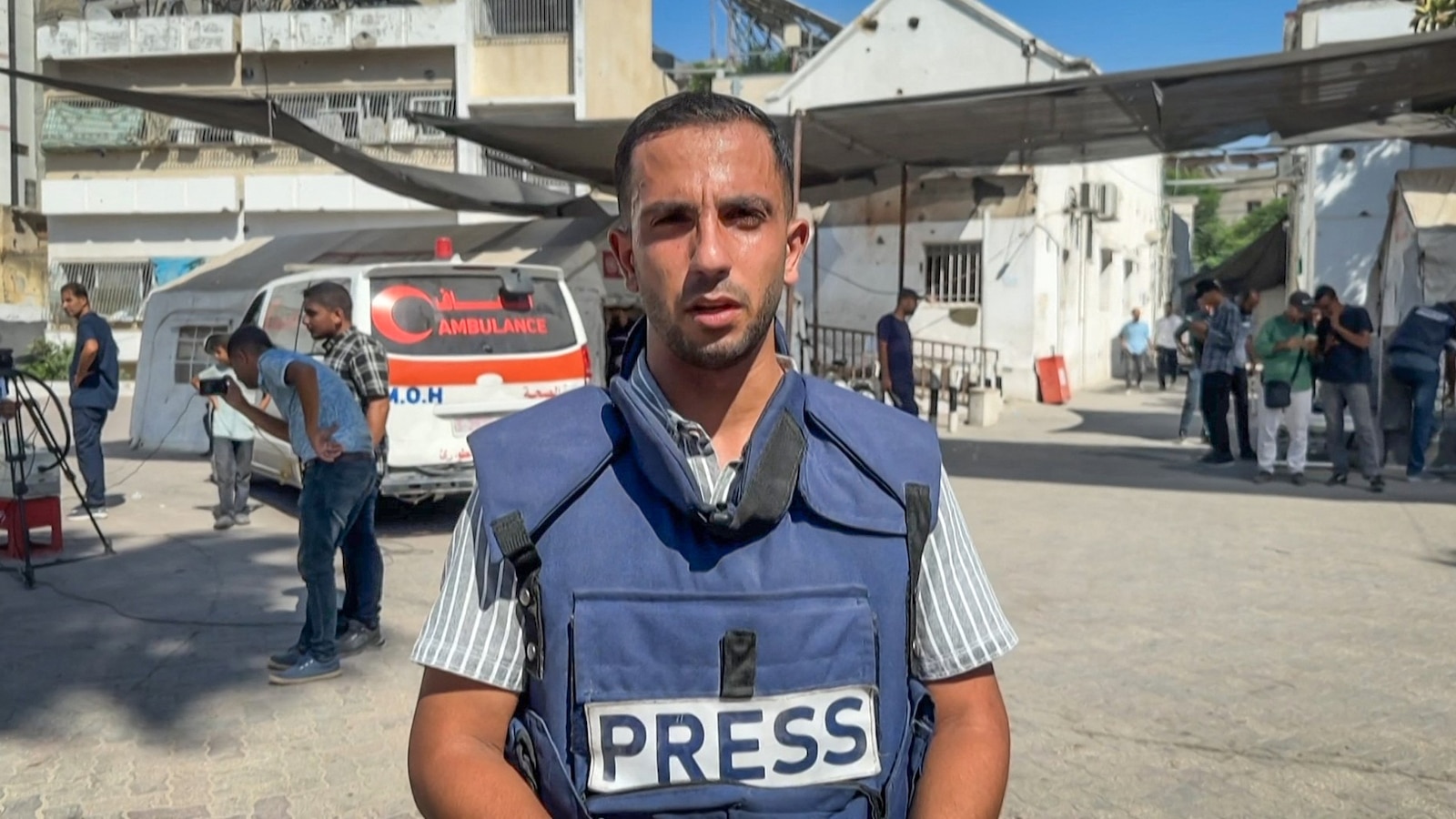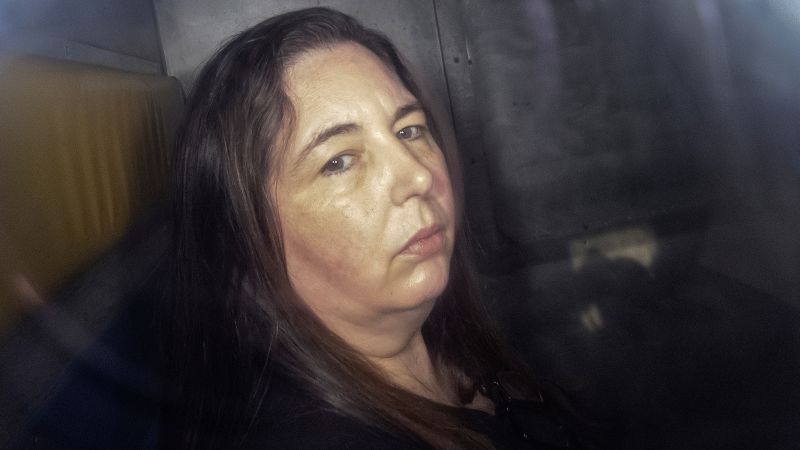Zohran Mamdani Nears Democratic Primary Win for NYC Mayor as Cuomo Concedes

In a significant political shift within New York City, 33-year-old assemblyman Zohran Mamdani is on the verge of a remarkable victory in the Democratic primary for mayor. His top rival, former governor Andrew Cuomo, has officially conceded the race, signaling a potential changing of the guard in the city’s political landscape. CNN has projected that while Mamdani's initial support is likely to remain under 50%, the final decision will rest on ranked-choice voting results that are expected to begin rolling in on July 1.
Mamdani’s strong showing in this primary is set to resonate far beyond the boundaries of the Big Apple, thrusting the young politician and his progressive platform—featuring proposals such as a rent freeze, free public transportation, and increased taxes on the wealthy—into the national spotlight. This win marks a significant victory for progressive forces within the party and poses a challenge to the more traditional Democratic establishment as it navigates strategies to counter former President Donald Trump, a prominent New Yorker.
Having served three terms in the state assembly, Mamdani represents parts of Queens, one of the most diverse boroughs in the nation. His rapid rise from relative obscurity to leading candidate has been fueled by a savvy use of social media and viral content that resonates with younger voters and progressive activists alike. His candidacy challenges established political norms, with his platform urging a new direction in governance.
However, Mamdani's ascent has not come without its critics. Detractors have raised concerns regarding his limited legislative experience and his progressive policy proposals, which they argue could be too radical for the city. Many Republicans have already begun to craft a narrative portraying him as out of touch with mainstream voters, seeking to capitalize on the perceived risks of his left-leaning agenda.
Cuomo, who had been looking to reinstate his political career less than four years after resigning due to serious allegations of sexual harassment and mishandling the Covid-19 pandemic, acknowledged Mamdani’s victory in a concession speech. “Tonight was not our night; tonight was Assemblyman Mamdani’s night,” he stated, while his spokesperson confirmed the concession but left the door open for a potential run in November under a different party affiliation.
Despite the uncertainty of the ranked-choice voting system, Mamdani has shown strong support across New York City’s largest boroughs, including Queens—Cuomo’s own hometown. Alongside Mamdani and Cuomo, only city Comptroller Brad Lander received more than 5% of the primary votes. Both candidates encouraged their supporters to rank each other on their ballots, indicating a possible alliance as the primary process unfolds.
Looking ahead, Mamdani is poised to face incumbent Mayor Eric Adams, who has opted to run as an independent this time around after previously winning the Democratic primary. Additionally, Republican candidate Curtis Sliwa will also be in the mix, setting the stage for a competitive November election.
Mamdani’s impressive performance in the primary is particularly noteworthy given his relatively short time—less than five years—in government. His campaign attracted endorsements from prominent figures, including Vermont Senator Bernie Sanders and New York Representative Alexandria Ocasio-Cortez, further solidifying his standing in the progressive wing of the party.
For Mamdani, a child of immigrants who spent formative years in Uganda and South Africa, a victory in November would not only mark a personal triumph but also a historic moment, making him the first Muslim mayor in New York City’s history. However, he will face challenges in uniting the diverse factions of the Democratic Party, especially from those who may appreciate his personal appeal yet disagree with his socialist policies.
Furthermore, Mamdani’s positions on Israel and Palestine have raised eyebrows among Democrats, many of whom are vehemently opposed to his approach. His refusal to unequivocally state his stance on Israel’s right to exist as a Jewish state has led to accusations of antisemitism, which he has firmly denied. As he moves forward, Mamdani must navigate the complexities of a city grappling with issues of affordability, rising crime rates, and a flood of new migrants that have added pressure to the city’s resources.
On the other hand, Cuomo’s loss represents not only a personal setback but also a potential end to his lengthy political career. His past scandals and contentious relationships with progressive factions have cast a long shadow over his campaign, despite the support he garnered from some party stalwarts. His narrative of being a moderate voice amidst the extreme polarization of politics may have resonated with some Democrats, yet it ultimately was not enough to secure him a primary win.
The political landscape in New York City is undoubtedly shifting, and Mamdani's rise may be indicative of broader trends among urban voters seeking change in their leadership.




























